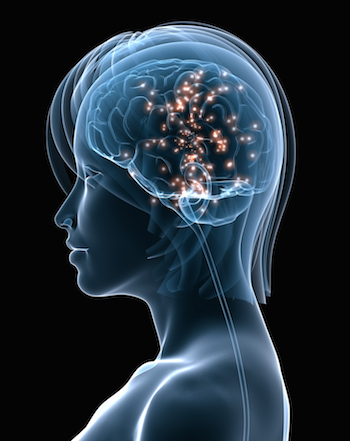 Psychological Testing
Psychological Testing
Psychological testing is undertaken for a variety of purposes:
- Bariatric Surgery Evaluations
- Spinal Cord Stimulator Evaluations
- Learning Disorders
- Clarifying disorders and diagnoses to assist in developing treatment plans
Neuropsychological Testing
Neuropsychological testing is designed to assess a person’s cognitive functioning in everyday life.
CT and MRI scans provide information about what the brain looks like, for example the presence of tumors and previous strokes. While important, they do not tell the physician how their brain functions in everyday life. As with Psychological Testing, there are a variety of conditions in which this evaluation is enlightening.
- Dementia, including Alzheimer’s Disease.
- First of all, it is important to understand the relationship between Dementia and Alzheimer’s Disease as there is much confusion and misinformation about this diagnosis.
- Think of Dementia as a file cabinet
- The first two drawers contain Alzheimer’s Disease as it is the most frequent form of Dementia. One way to look at it is that all individuals with Alzheimer’s Disease have Dementia, but not all people who have Dementia have Alzheimer’s Disease.
- The second drawer is Vascular Dementia that results from a stroke, TIA, or chronic blood vessel disease in the brain, most commonly from hypertension, diabetes, elevated cholesterol and lipid levels, and smoking, to name a few.
- The bottom drawer contains all other forms of Dementia, for example, Dementia related to Parkinson’s Disease.
- Adult ADHD & Learning Disorders
- There is an increasing amount of research literature regarding ADD or ADHD that was not diagnosed in childhood.
- The symptoms in adult ADHD relate more to inattention than hyperactivity.
- Impairments in psychosocial functioning in Adult ADHD have been found in education, occupation, financial management, driving, alcohol and drug use, and intimate relationships.
- Neuropsychological evaluations help identify the specific impairments that affect a particular individual. These findings can be incorporated into a treatment plan or recommend further services.
How Testing Works
The process is initiated with a 45-minute appointment with Dr. Harvey.
The purpose of the first appointment is to take a thorough interview related to the purpose of the evaluation. Secondarily, it will guide Dr. Harvey in selecting the exact tests to be employed.
After the first appointment, a testing date or dates will be scheduled.
Some evaluations are 4 to 6 hours long and others a full day. Dr. Harvey may recommend that testing be accomplished over two half-days to minimize fatigue and obtain more realistic results. Think of it this way – asking someone who has difficulty concentrating and focusing to stay on task for a full day of testing can be unnecessarily stressful.
If a physician has ordered the testing, he or she may want to give you the results directly. However in most cases, patients may schedule a third appointment to review the results and recommendations of the evaluation.
Resources: The Alzheimer’s Association
